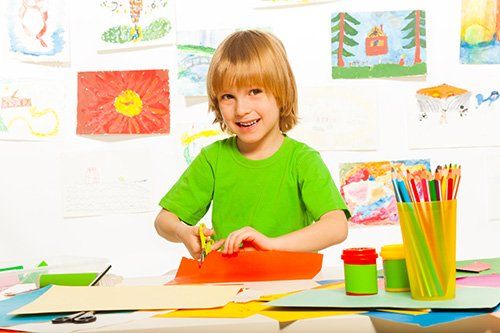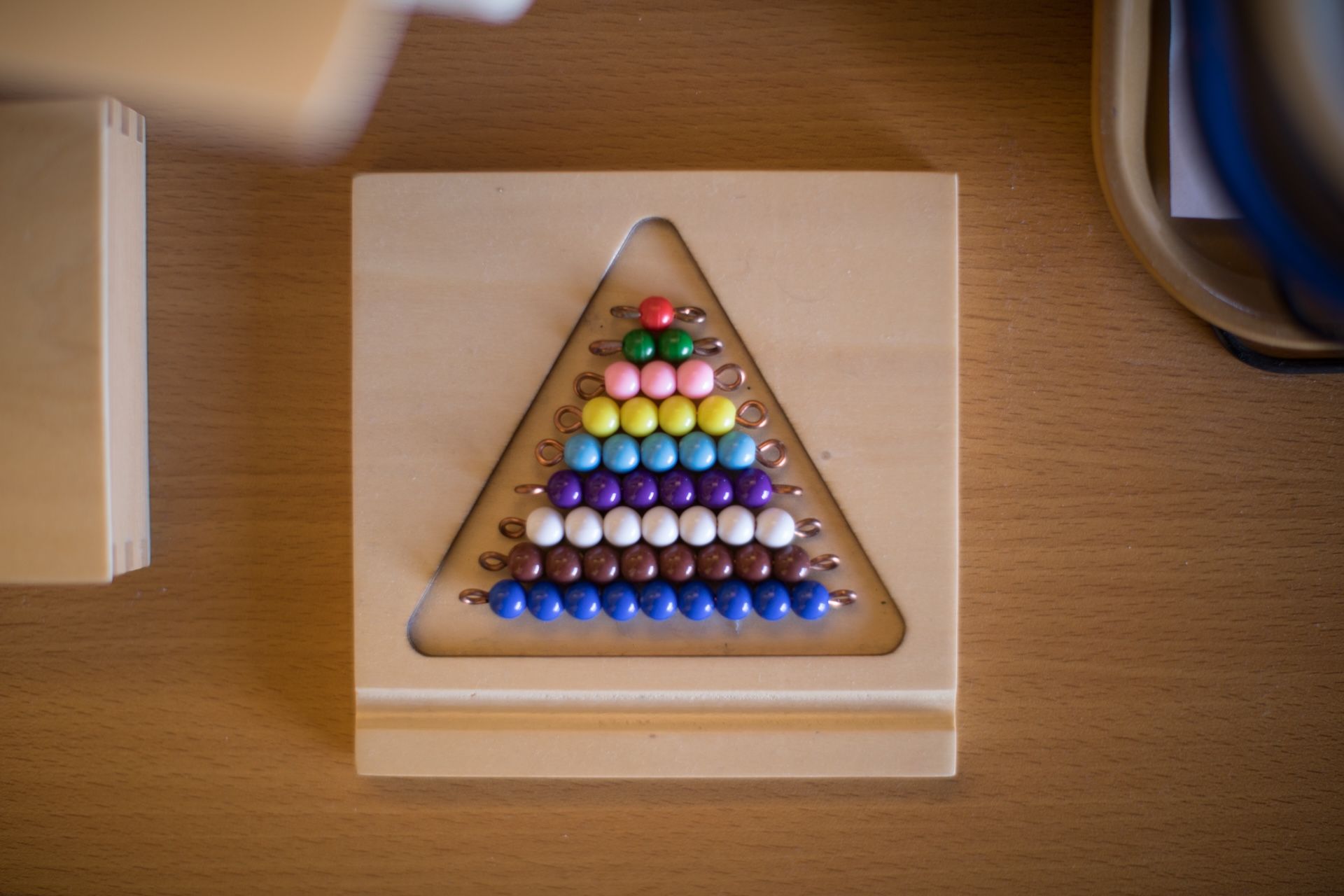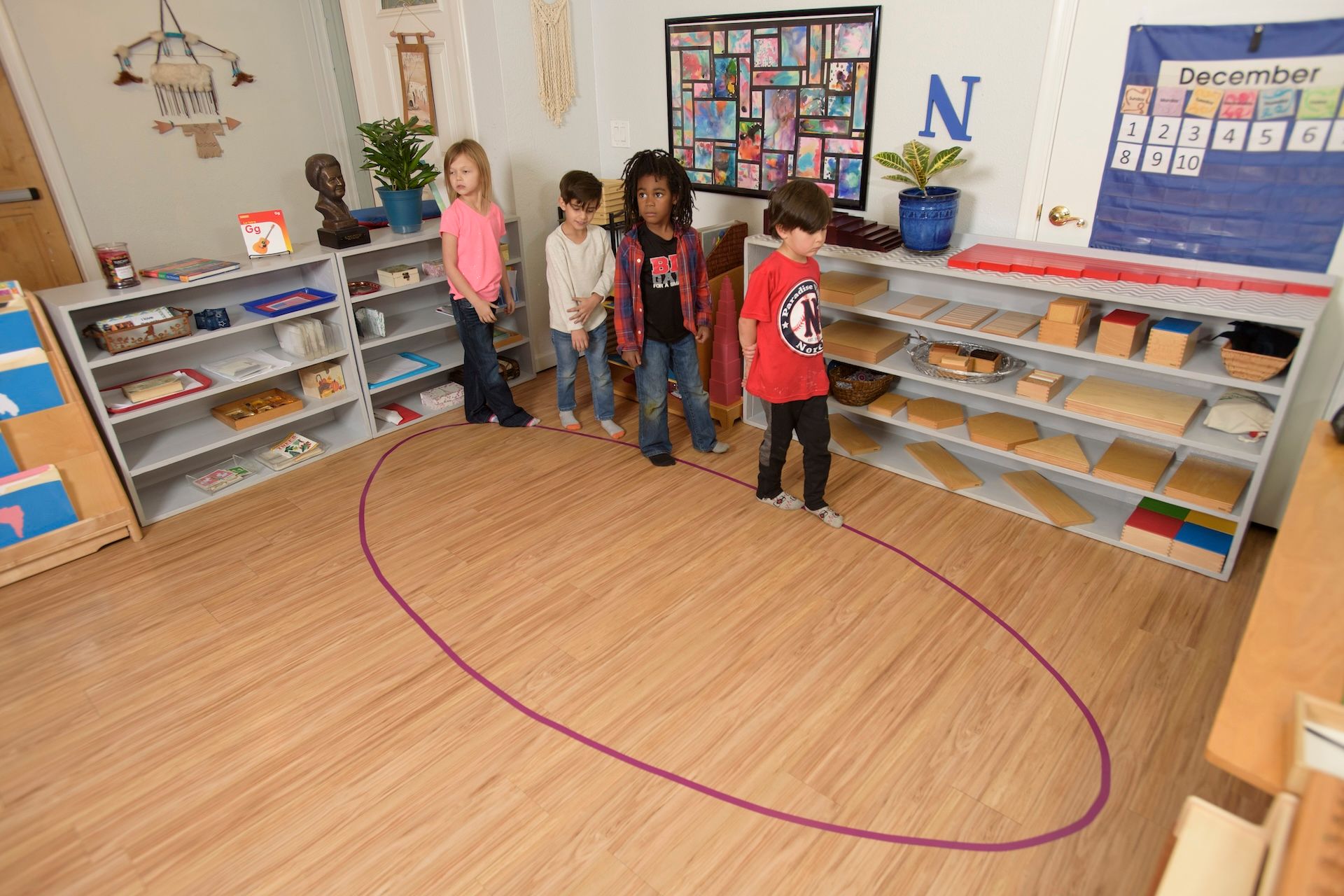When deciding to enroll your child in Montessori school, it’s important to know what kind of an investment you’ll be making as a parent. Any child should benefit from Montessori’s learning methods, which were developed to universally enhance the learning experience. But the parental commitment for this curriculum is a bit different from traditional education.

Socialization From Birth
Montessori recommendations begin in infancy, ideally immediately after birth. Dr. Montessori was among the first to suggest that babies needed to be socialized with the family instead of being kept in a nursery separate from everyone else. This has been totally normalized now but at the time, it was a revolutionary thought. Some of the suggestions sound bizarre, especially if you grew up in a house with more authoritarian parenting. The Montessori emphasis on freedom means that parents have to learn a new understanding of their role. Parents are the guardians of the children but children are creators of themselves. They develop their skills and interests on their own, as they should. Parents are asked to collaborate with methods that make the most sense to their children.
Montessori Home Environments
Highly successful Montessori parents also show a willingness to prepare home materials and spaces that are easy for kids to access and use when they wish to. Toddlers and young children need to have freedom to explore areas safely but without fear so they can develop a healthy respect for their environment. Their independence from their parents increases with home autonomy, keeping limits in mind.
Montessori Classrooms Environments
Children in Montessori classrooms are modeling as much real-life behavior as possible, in preparing food and dressing themselves. Parents have the ability to greatly enhance this growth by inviting their kids to participate in the various chores and activities around the house. Cleaning and organization projects are ideal for younger children. As they get older, don’t hesitate to introduce more complex tasks like home repair, car maintenance, and woodworking. There’s no wrong age to start gardening.
Learning A Child’s Pace
The most difficult part of working with children is the pacing. Because of their age, size, and understanding, it simply takes children longer to complete the same tasks. Whenever we learn something new, we struggle at first. With time and practice, eventually, expertise is developed. Children require extra patience which can be very draining for a lot of parents. Your resources are not unlimited so it’s not expected for everything to involve the kids—sometimes, things just have to get done. But if you have a little bit of extra time, try pulling your kids in and letting them learn how to use the ‘big kid’ tools.
Gain Freedom as a Montessori Parent
Montessori parenting involves giving your kids more freedom and reducing your own anxiety level about future outcomes or potential dangers. Vigilance is importance but children have the ability to pick up on subtle feelings and absorb worry without you meaning to. To be a Montessori parents requires organization, responsibility, and perhaps most importantly patience. Kids have different needs for exploration, development, and discovery. To reinforce the Montessori message at home, work with your kids on a variety of different skills and encourage them to follow their own path with consistent love and praise.
The post Is Montessori Parenting for You? appeared first on Pebblecreek Montessori.
Hours
MONDAY - FRIDAY
HALF DAY: 8:30a – 12 noon
ACADEMIC DAY: 8:30a – 3:30p
EARLY CARE: 7:00a – 8:30a
AFTER CARE: 3:30p – 6:00p
OFFICE: 8:00a - 4:00p
Programs
Connect
Pebblecreek Montessori




